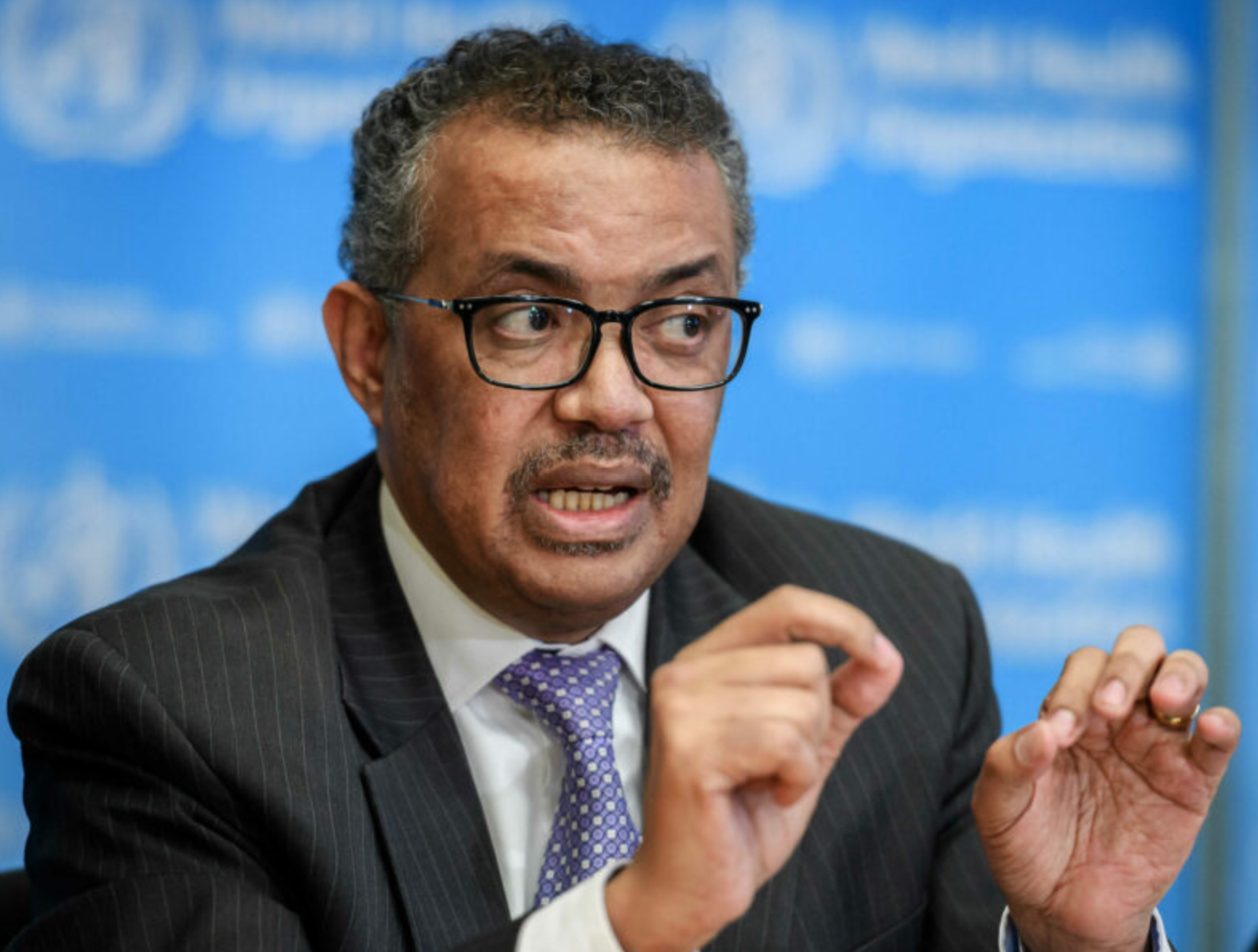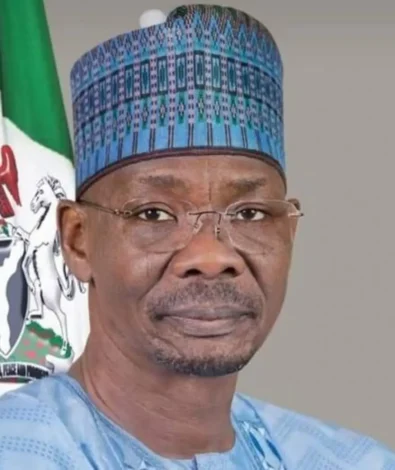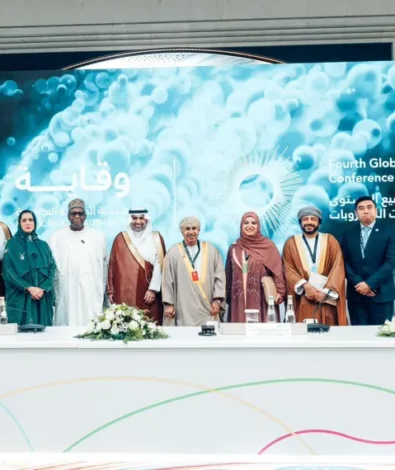Global surge in synthetic opioid, psychoactive drug use demands urgent health action – WHO

Tedros Adhanom Ghebreyesus, Director-General of the World Health Organization (WHO), has called for immediate global action to address the escalating crisis of synthetic opioid and psychoactive drug use.
Speaking at the COP29 UN Climate Conference in Baku, Republic of Azerbaijan, Ghebreyesus shared a clip via his X handle, emphasizing the critical public health toll of this crisis.
He warned, “No country is immune,” urging world leaders to prioritize the public health impacts of non-medical drug use, both legal and illegal.
He highlighted that drug use disorders are wreaking havoc on public health systems globally. “We are facing a mounting crisis,” he noted, revealing that approximately 64 million people are affected by drug use disorders, with synthetic opioids and psychoactive drugs at the forefront.
This epidemic is responsible for an estimated 600,000 deaths each year.
He stressed the necessity of addressing public health impacts across all drug types, adding, “We cannot address the drug problem without addressing the public health impacts of the non-medical use of both legal and illegal drugs.”
Synthetic opioids are man-made drugs mimicking natural opioids, often more potent and addictive, like fentanyl. Psychoactive drugs alter brain function, affecting mood and perception, including substances like alcohol, marijuana, and cocaine.
WHO’s four-pillar strategy for tackling the drug crisis
In outlining WHO’s strategic roadmap, Ghebreyesus presented four critical priorities designed to mitigate the global drug crisis:
“First, prevention, treatment, and harm reduction services must be scaled up by expanding access to cost-effective evidence-based treatment and harm reduction services.”
“Second, surveillance and early warning systems must be improved to monitor emerging drug trends so public health agencies can respond swiftly and tailor interventions to evolving risks.”
“Third, we must address stigma and discrimination, including at the institutional level, so that people who use drugs can access the care they need safely.”
“Fourth, even as we try to prevent harm from drug youth, we must ensure safe and timely access to controlled medicines for those in need.
We can strike a balance between policies that protect people from the harms of drug use while enabling access to treatment and care for those in need.” He added.
Ghebreyesus reaffirmed WHO’s commitment, saying, “We remain committed, working with the International Narcotics Control Board (INCB), United Nations Office on Drugs and Crime (UNODC) , member states, civil society, and other partners to find solutions that protect health, are evidence-based, and grounded in human rights.”



